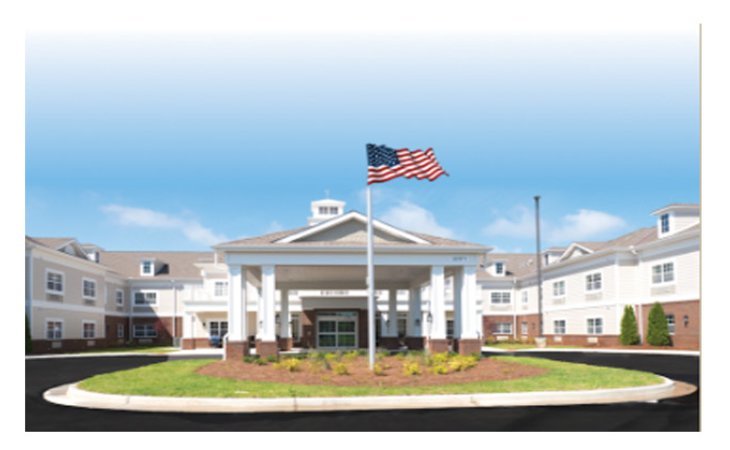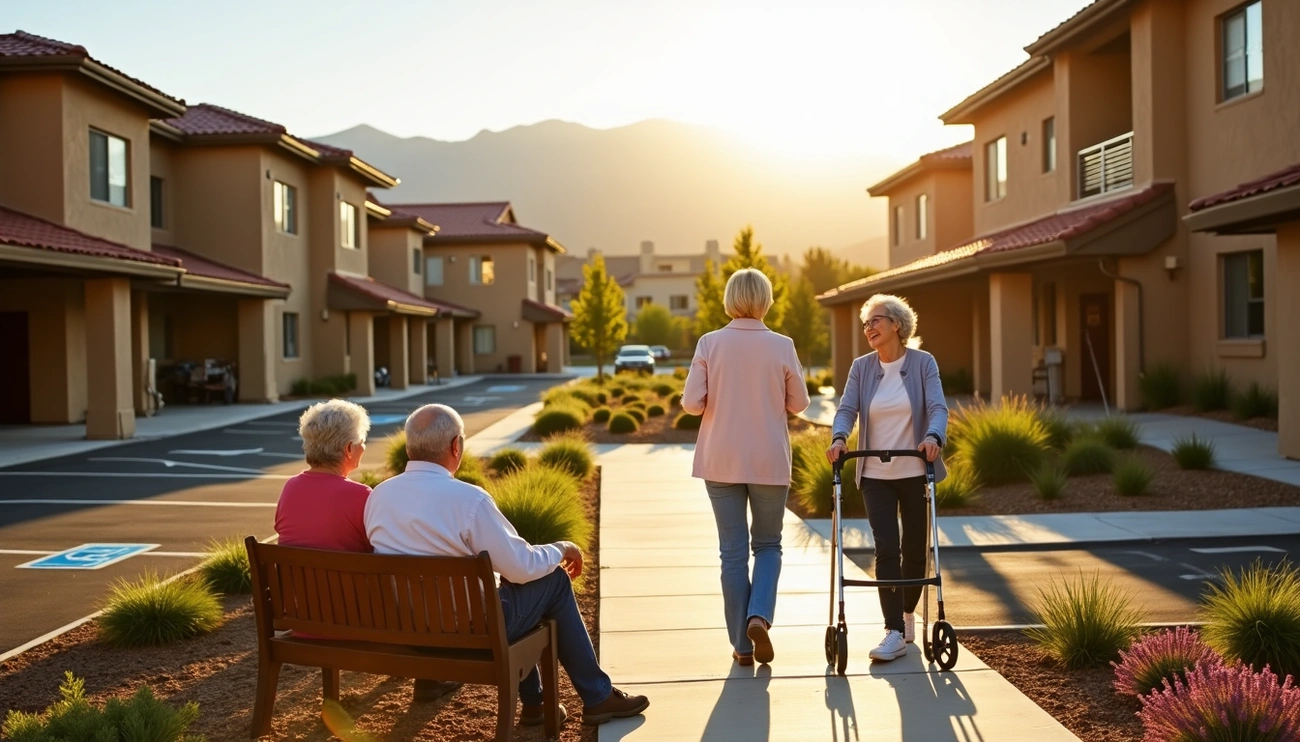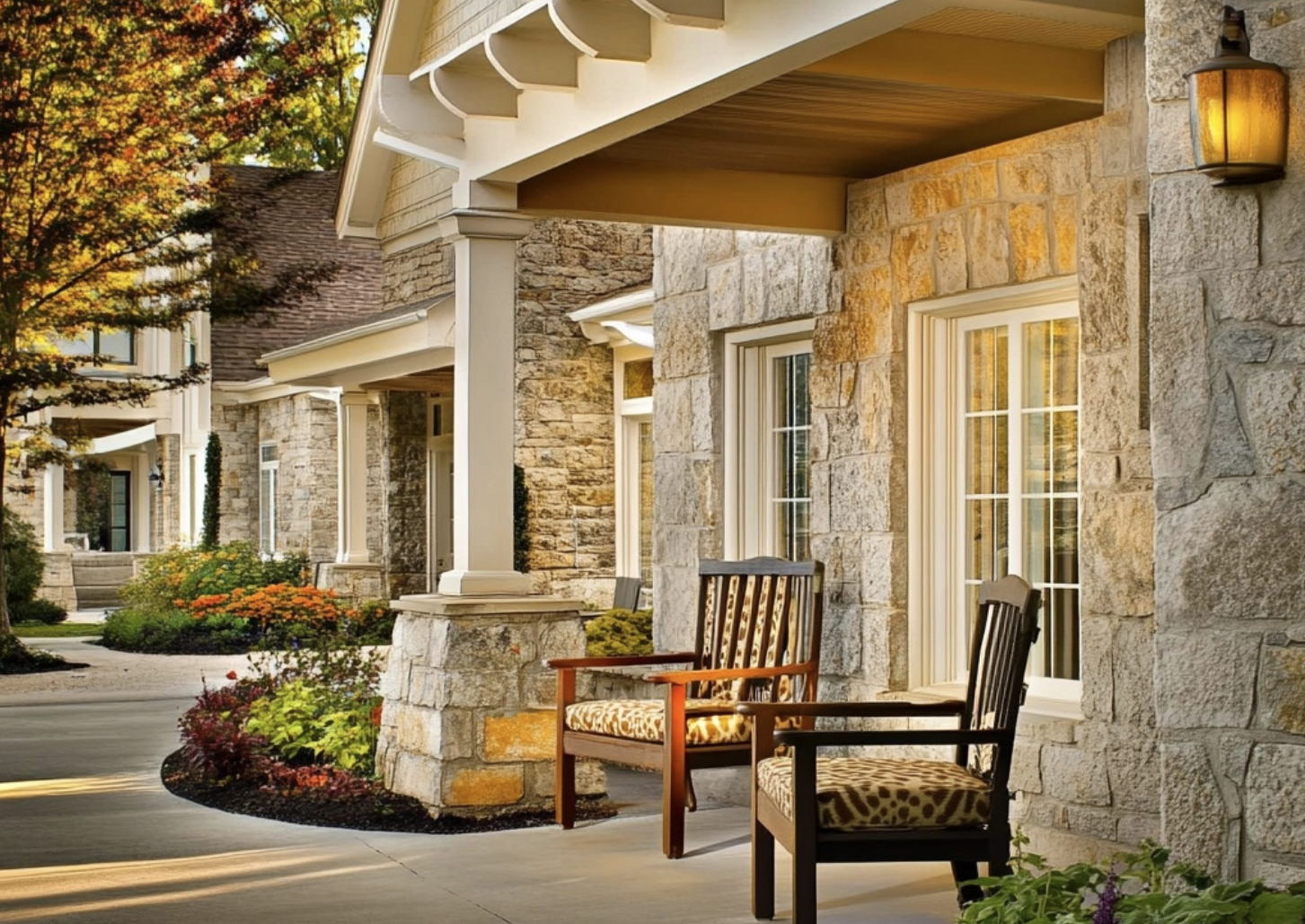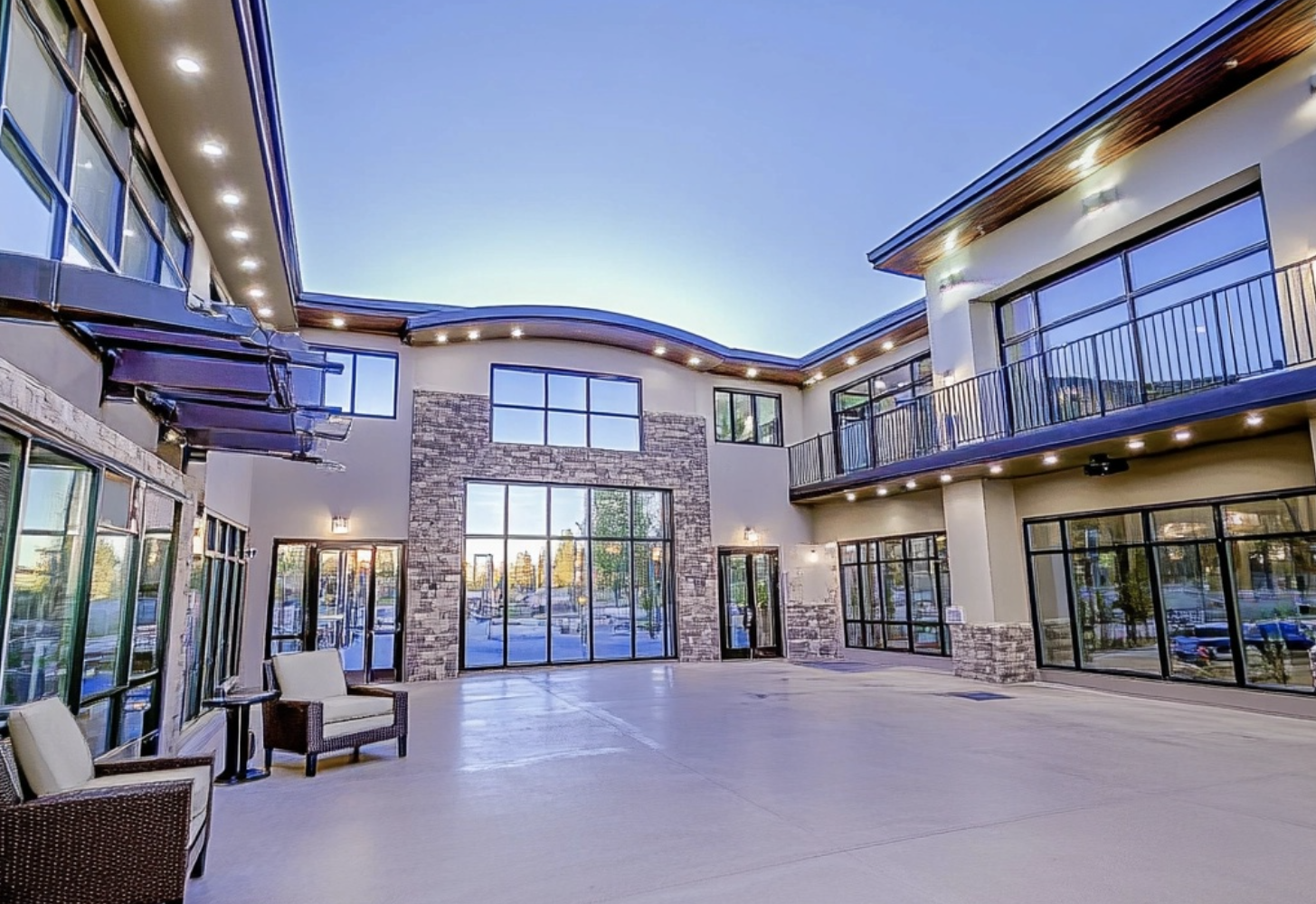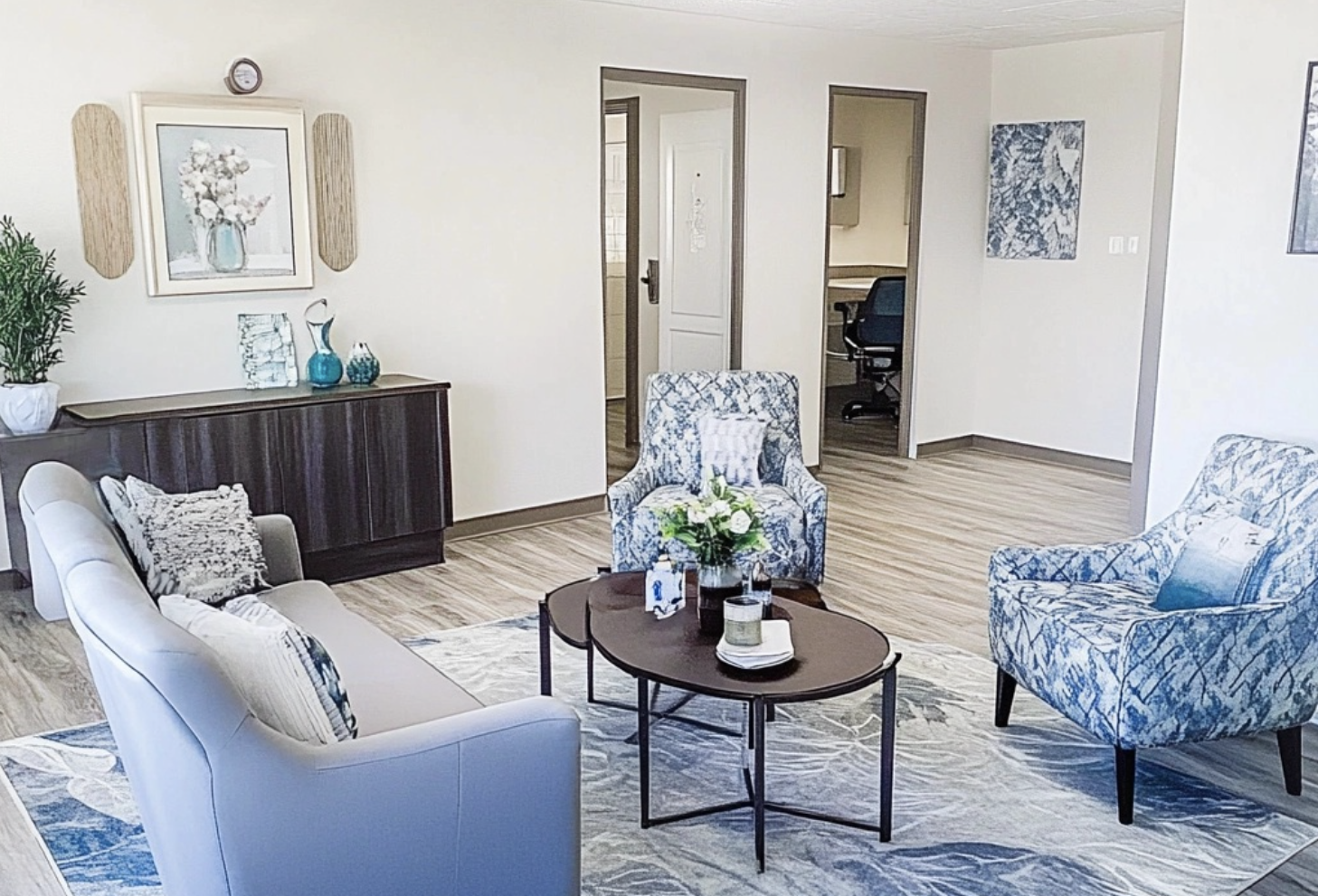Everything You’ve Ever Wanted to Know About All Senior Care
Senior care, also known as elderly care or aged care, refers to the fulfillment of specific care needs and requirements of those in their senior years. Not all senior citizens require elderly care, of course; it is often considered when an elderly experiences physical limitations due to old age or a health condition.
There are different types of senior care depending on the level of specialized care provided: assisted living, adult day care, home care, long-term care, nursing homes, and hospice care.
When does senior care become necessary?
Many seniors are more than capable of living independently and never require special care throughout their golden years. When an elderly starts to have difficulties with daily activities involving personal care and/or household obligations, or if they develop a condition that requires regular, specialized care, it might be time to consider senior care.
Physical limitations and declining health are a common byproduct of getting old. Poor eyesight, advanced arthritis, or senility, for example, often makes independent living unsafe. Recovery from a serious medical condition, such as a stroke or hip surgery, also often requires daily physical and medication support.
If family members are not able to provide regular assistance or supervision, there are senior care options that can address an individual’s specific care needs. The elderly individual’s healthcare provider may recommend outside help as necessitated by their patient’s health condition and its associated deficiencies. Family members may also recognize a need for specialized care based on any of the following warning signs.
Physical Difficulties
Difficulties moving about and performing tasks may arise as a result of age-related illnesses, such as glaucoma, hearing loss, arthritis, or dementia. Left to their own devices, these individuals become prone to accidents and serious injury, especially as their aged bodies also become more fragile.
Your loved one may not talk to you about their physical problems, or even the cause of them. Unless they are diagnosed by a doctor, their condition may go undetected until a serious injury has occurred. The following conditions may necessitate medical attention and regular care.
- Stability problems, whether while standing or walking
- Hearing or visual problems
- A chronic condition, such as arthritis, diabetes, or heart disease
- Physical limitations associated with a health condition, whether temporary or permanent, which make them less or completely incapable of performing daily tasks on their own
Mental Difficulties
Age-related cognitive decline is normal and typically does not cause serious problems. Occasional, mild confusion or forgetfulness, for example, may not affect an elderly’s ability to live independently. But progressive mental difficulties will eventually lead to impaired judgment, a decline in self-sufficiency, and increased safety risks. Depending on the severity of cognitive problems, varying degrees of supervision and support provided by a family member or a skilled care provider may be required.
If your loved one has been experiencing any of the following with increasing frequency, it might be time to consult their doctor about care options:
- Difficulty concentrating
- Confusion
- Forgetfulness, especially when it comes to taking their medications
- Memory loss
- Difficulty communicating
- Moderate to severe dementia
Emotional Difficulties
These are usually the result of a big change in their life, which may be caused by the death of a loved one, declining health, forced retirement, lack of communication with family, or the inability to pursue their passion (i.e., as a result of injury). Although emotional problems typically get resolved given enough time, some seniors may benefit from an environment that promotes social interactions and provides regular and expert emotional support.
Emotional problems are often difficult to detect; even when they are obvious, they may not be taken seriously. If left unaddressed for too long, however, these problems may actually contribute to the quick deterioration of health. If your loved one is experiencing any of the following, senior care might help improve their emotional disposition and perspective on life.
- Personality changes, such as irritability or moodiness
- Social withdrawal
- Lack of interest in activities
- Out-of-the-ordinary hostility
- Lack of emotion or total indifference toward others, including family and friends
- Constant loneliness
- Depression
Types of Senior Care
There are different types of senior care depending on the level and type of care they provide.
Independent Living
Independent living communities are for seniors who are still healthy overall, but wish to live a life of ease. There’s practically no senior care involved, as residents are still highly self-sufficient. The only support provided involves basic home upkeep for a hassle-free lifestyle, such as housekeeping, cooking, laundry service, home repairs, and transportation service.
The community provides a senior-friendly environment, with amenities for comfort and leisure; activities that promote social engagement and allows residents to pursue their interests; as well as wellness programs that support overall health. Most communities offer a mix of living options, from studio apartments to one- and two-bedroom apartments and cottages.
Assisted Living
An assisted living community is a long-term housing option for seniors who are still generally active but may need personalized care involving activities of daily living (ADLs), such as taking a bath, getting dressed, or going to the toilet. Residents are also provided with nutritious meals; help with medication management; assistance moving about; help coordinating with healthcare providers; housekeeping and laundry services; transportation services; and social activities and outings.
Assisted living accommodation options may range from single-bedroom apartments to private or shared bedrooms. The community focuses on promoting overall wellness through physical activities, intellectual stimulation, and social interactions. Residents can actively pursue their interests and are, in fact, encouraged to live as independently as possible
Home Care
Home care is for seniors who require non-medical care and can benefit from regular companionship in the comfort of their own home. Home care is ideal for those who do not want to leave their home but require help with some personal care needs and basic household chores. Home care services may include support with ADLs, meal preparation, medication management, housekeeping, and transportation services.
Keep in mind that home care does not include nursing care; the latter may be required as a separate at-home service if the individual has a health condition that can only be managed by a professional.
The one-on-one companionship may be beneficial for seniors who are lonely, depressed, or suffer from other emotional problems.
Care Homes
Care homes, also referred to as residential care homes or adult family homes, are similar to assisted living communities except they are smaller, more home-like, and provides a more individualized level of care. Care homes are typically traditional homes within a regular neighborhood, and accommodate fewer residents — usually no more than 10 — compared to assisted living communities.
Services offered in a care home include long-term housing, assistance with ADLs, meal services, medication management, housekeeping services, laundry service, and transportation services. Basic health management is provided, but there’s usually no in-house medical professional; medical care is not the primary focus of home care, but it may be offered at a limited degree.
Nursing Homes
Also known as skilled nursing facilities, nursing homes are for seniors with severe, chronic, or terminal health conditions who need round-the-clock personal and medical care, monitoring, and supervision outside the hospital. A nursing home may offer short-term nursing care and rehabilitation services, usually after a hospital stay, or long-term professional care.
Memory Care
Memory care is for seniors with dementia, such as Alzheimer’s disease. Memory care facilities offer 24-hour monitoring, supervision, and medical care, and provide a safe environment that’s uniquely designed to improve quality of life and accommodate residents’ cognitive difficulties and unique needs.
Memory care facilities employ specially trained staff, and key services include:
- Round-the-clock care and supervision
- Medication management
- Memory-enhancing therapies
- Nutritious meals
- Incontinence care
- Hygiene and personal care
- Mobility assistance
- Transportation to appointments
Finding the Best Senior Care for Your Loved One
Making the decision to start exploring senior care options for a loved one is often a difficult step to make. After weighing all other options, if seeking outside help is what’s best for your loved one’s health, safety, and quality of life, then you can rest assured that you are doing the right thing.
Finding the best senior care will mostly depend on your loved one’s specific needs; if they have a medical condition, it would be best to seek their doctor’s advice regarding senior care options.
Once you’ve determined the most suitable type of senior care, the next step is to find the best facility. And the most effective way to evaluate a facility is by visiting it a few times. Join a scheduled tour for your first visit, and then just randomly pop in for your succeeding visits. This way, you’ll have different experiences of the environment and the community. You should definitely visit more than one facility, so you can compare their services, amenities, and the overall atmosphere.
Senior care communities offer scheduled tours to families of prospective residents, and this is an opportunity you should make time for. Leaving behind the home where they built a life they cherished can be a painful and scary experience for your loved one; making sure that the new home they’ll be moving into is a place where they will not just be safe, comfortable, and cared for, but where they can also have many happy and fulfilling years.
